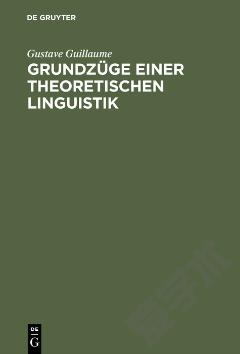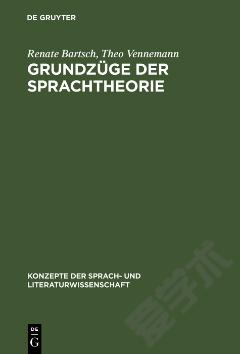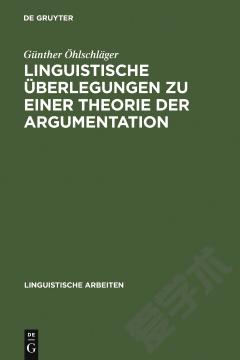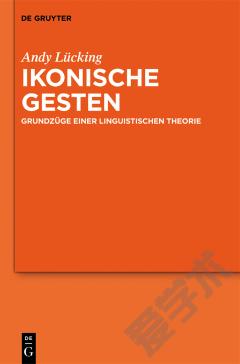The Evidential Basis of Linguistic Argumentation.
Currently, one of the methodological debates in linguistics focuses on the question of what kinds of data are allowed in different linguistic theories and what subtypes of data can work as evidence for or against particular hypotheses. The first part of the volume puts forward a methodological framework called the ‘p-model’ that is expected to account for the data/evidence problem in linguistics. The aim of the case studies in the second part is to show how this framework can be applied to the everyday research practice of the working linguist, and how it can increase the effectiveness of linguistic theorising. Accordingly, the case studies exemplify that the p-model can come to grips with diverse object-scientific quandaries in syntax, semantics and pragmatics. The third part includes case studies that illustrate how it copes with metascientific issues such as inconsistency in linguistic theories and the relationship between thought experiments and real experiments.
{{comment.content}}








 京公网安备 11010802027623号
京公网安备 11010802027623号